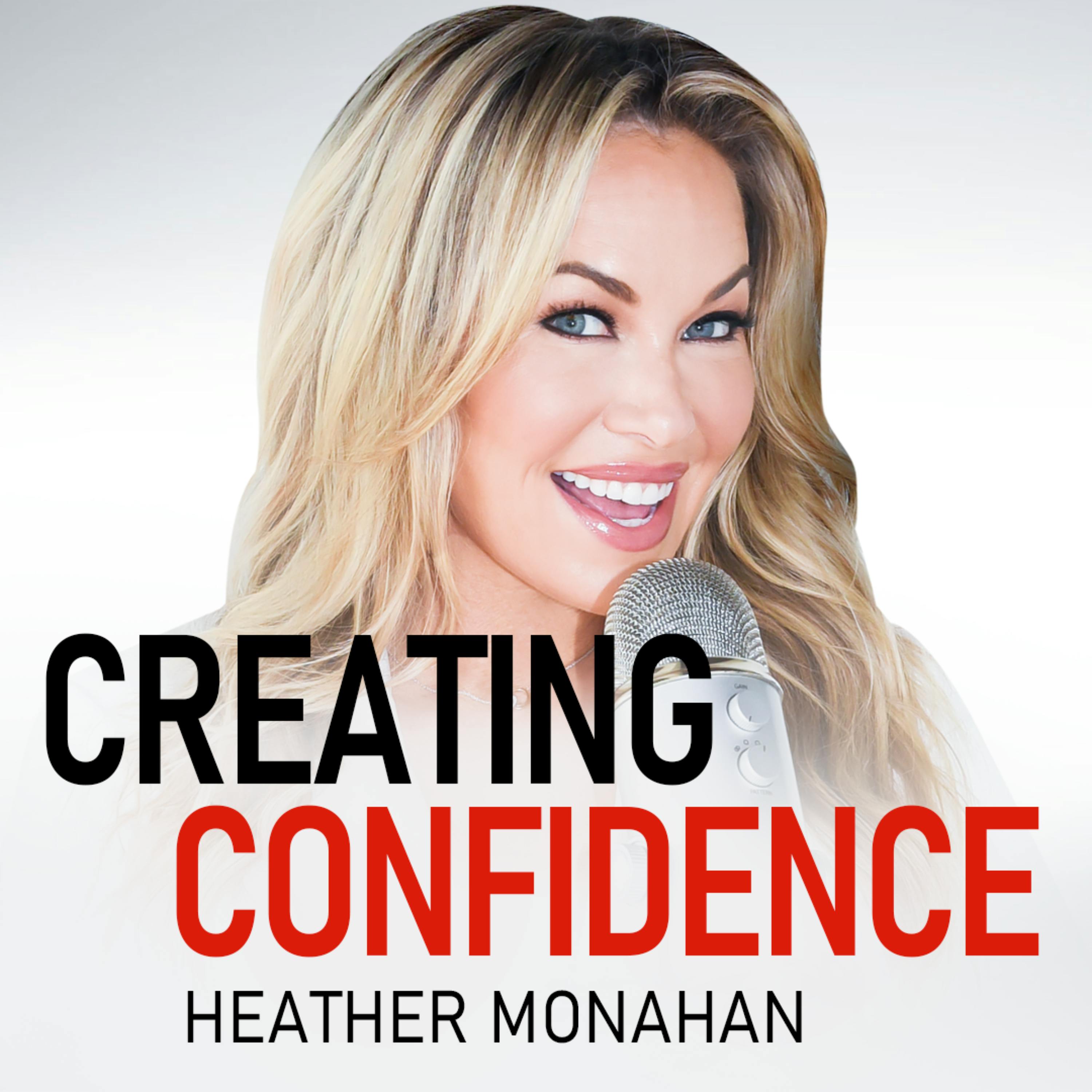Confidence Classic: Break Free From Stigma and Build the Life You Really Want with Dr. Gail Saltz
What would you do if you built a career most people envy, but deep down, you knew it wasn’t the life you truly wanted? In this episode, I talk with Dr. Gail Saltz about the courage it takes to make a massive life and career pivot, even when it means facing judgment, stigma, and fear head on. Dr. Saltz shares how to navigate criticism from colleagues, let go of shame, and build a career that aligns with your passion and purpose. We also dive into how to reframe “disabilities” as unique strengths, move past fear, and own the truth of who you are. Give yourself the courage to unlock your unique gifts, reframe challenges, and use your voice to make a bigger impact.
In This Episode You Will Learn
How to PUSH THROUGH STIGMA and judgment when making a big change.
Why LETTING GO OF SHAME is essential to living authentically.
Mindset SHIFTS that help you move past fear and self-doubt.
Tips to recognize your UNIQUE STRENGTHS.
How to BUILD a life and career that’s aligned with who you really are.
Resources + Links
Buy Dr. Gail’s book The Power of Different: The Link Between Disorder and Genius
Check out The National Institute of Mental Health
Sign up for a one-dollar-per-month trial period at shopify.com/monahan
Download the CFO’s Guide to AI and Machine Learning at NetSuite.com/MONAHAN.
Want to do more and spend less like Uber, 8x8, and Databricks Mosaic? Take a free test drive of OCI at oracle.com/MONAHAN.
Get 10% off your first Mitopure order at timeline.com/CONFIDENCE.
Get 15% off your first order when you use code CONFIDENCE15 at checkout at jennikayne.com.
Call my digital clone at 201-897-2553!
Visit heathermonahan.com
Sign up for my mailing list: heathermonahan.com/mailing-list/
Overcome Your Villains is Available NOW! Order here: https://overcomeyourvillains.com
If you haven't yet, get my first book Confidence Creator
Follow
Heather on Instagram & LinkedIn
Dr. Gail on Website & Twitter
In This Episode You Will Learn
How to PUSH THROUGH STIGMA and judgment when making a big change.
Why LETTING GO OF SHAME is essential to living authentically.
Mindset SHIFTS that help you move past fear and self-doubt.
Tips to recognize your UNIQUE STRENGTHS.
How to BUILD a life and career that’s aligned with who you really are.
Resources + Links
Buy Dr. Gail’s book The Power of Different: The Link Between Disorder and Genius
Check out The National Institute of Mental Health
Sign up for a one-dollar-per-month trial period at shopify.com/monahan
Download the CFO’s Guide to AI and Machine Learning at NetSuite.com/MONAHAN.
Want to do more and spend less like Uber, 8x8, and Databricks Mosaic? Take a free test drive of OCI at oracle.com/MONAHAN.
Get 10% off your first Mitopure order at timeline.com/CONFIDENCE.
Get 15% off your first order when you use code CONFIDENCE15 at checkout at jennikayne.com.
Call my digital clone at 201-897-2553!
Visit heathermonahan.com
Sign up for my mailing list: heathermonahan.com/mailing-list/
Overcome Your Villains is Available NOW! Order here: https://overcomeyourvillains.com
If you haven't yet, get my first book Confidence Creator
Follow
Heather on Instagram & LinkedIn
Dr. Gail on Website & Twitter
Press play and read along
Transcript
Transcript is processing—check back soon.
Creating Confidence with Heather Monahan — Confidence Classic: Break Free From Stigma and Build the Life You Really Want with Dr. Gail Saltz
